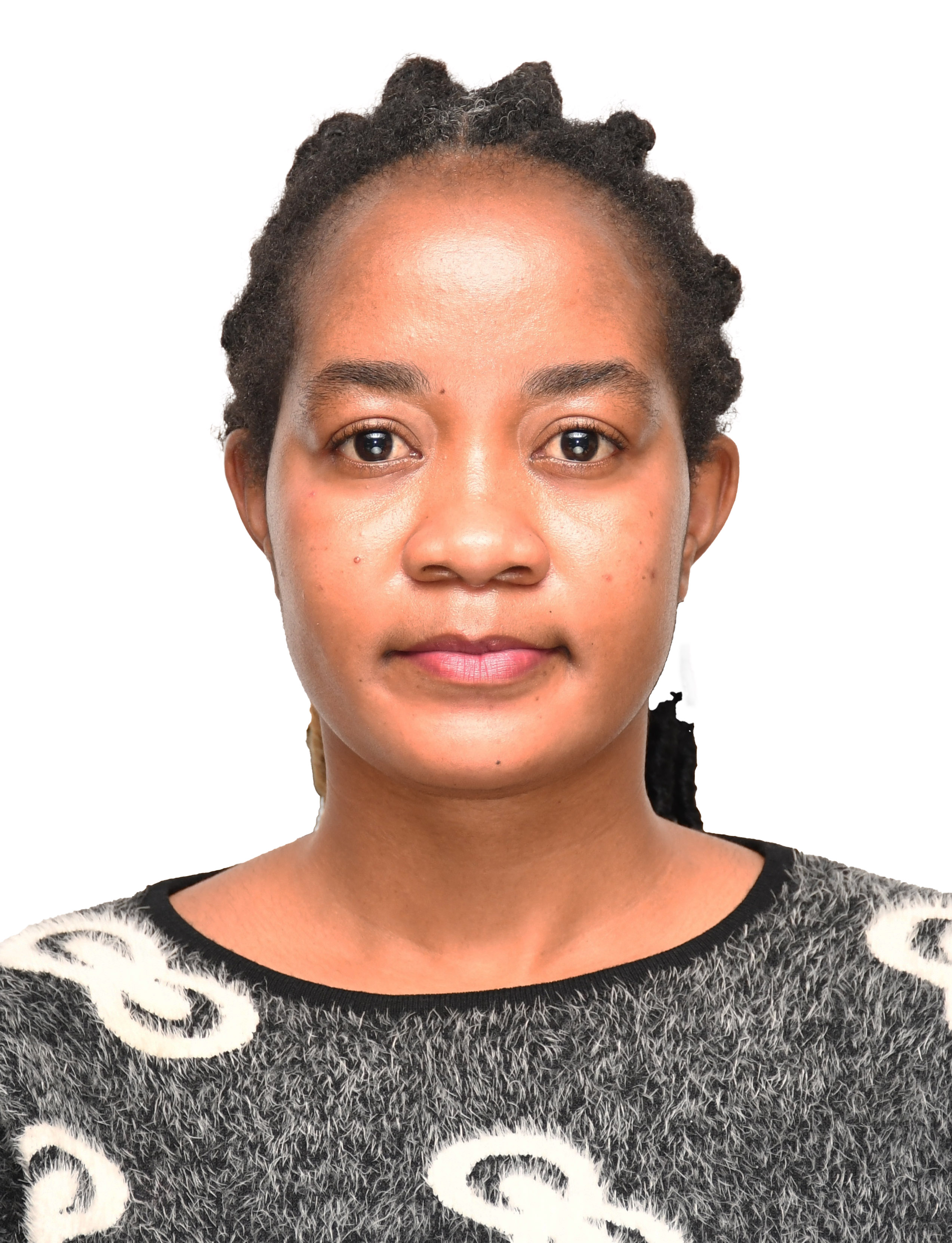People
Faculty
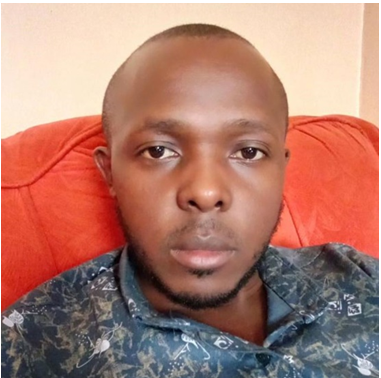
Dr. Amos Kipkorir Langat, Ph.D.
Amos Kipkorir Langat is a senior research fellow with a Ph.D. in Mathematics (Statistics) from PAUSTI and JKUAT. He is noted for his leadership in building capacity among early-career African researchers in computational social science and statistical modeling. Dr. Langat is the Main Organizer of SICSS-KENYA 2025 and Co-Organizer of SICSS-Nairobi/Mathematica 2024, initiatives promoting advanced computational skills among African scholars. An alumnus of SICSS-Accra 2023, he has expertise in agent-based modeling, natural language processing, and social data analytics. Currently, he lectures at the department of Statistics and Actuarial Sciences, JKUAT and heads the Statistics unit in the Economic Planning Division, County Government of Bomet. He has also taught at Kabarak and Maasai Mara Universities, contributing to curriculum development and postgraduate mentorship. His scholarly work includes over 40 peer-reviewed articles in areas such as Bayesian models,Machine and deep learning, stock prediction, survival analysis, and spatial epidemiology. Dr. Langat has supervised MSc and Ph.D. students within Kenyan Universities and African Institute for Matematical Sciences, Cameroon, reviewed for international journals, and received prestigious scholarships and research grants. He actively engages in interdisciplinary research on climate change and public health. A member of leading statistical societies, he is fluent in English and French and remains dedicated to advancing statistical literacy and research in Africa.
Dr. Mary Muyonga, Ph.D.
Mary Muyonga is a demographer with a Ph.D. and MA in Population Studies from the Population Studies and Research Institute, at the University of Nairobi, Kenya. Mary is a co-organiser of the 2025 Summer Institute in Computational Social Studies (SICSS) KENYA hosted at the AICAD _JKUAT, Kenya (https://sicss.io/2025/kenya/). She is an alumnus of SICSS Covenant held in Nigeria in 2022 (https://sicss.io/2022/covenant-university/) and through her personal initiatives, was part of the team that co-organised in 2024, the first SICSS event in East Africa, at the University of Nairobi, Kenya (https://sicss.io/2023/howard-mathematica/). Her research interests include migration, mobility, urbanization and policy linkages in which she has authored several articles and co-authored book chapters. Mary is a firm believer in the SICSS vision of empowering social scientists with the computational tools and skills they need to conduct cutting-edge research at the intersection of social science and data science.Speakers

Professor Chris Bail.
Chris Bail is Professor of Sociology, Computer Science, Political Science, and Public Policy at Duke University, where he directs the Society-Centred AI Initiative and co-directs the Polarization Lab. He studies how artificial intelligence shapes human behaviour in a range of different settings—and social media platforms. His widely acclaimed 2021 book, Breaking the Social Media Prism, was featured in the New York Times, the New Yorker, and described as “masterful,” by Science Magazine. It also inspired Twitter to implement a major change to its policies designed to counter misinformation and polarization. Chris is passionate about building the field of computational social science. He is the Editor of the Oxford University Press Series in Computational Social Science and the Co-Founder of the Summer Institutes in Computational Social Science, which are free training events designed to introduce junior scholars to the field that are held concurrently in a range of universities around the world each year. He also serves on the Advisory Committee to the National Science Foundation's Social Behavioural and Economic Sciences Directorate, and helped create Duke's Interdisciplinary Data Science Program.
Dr. Emmanuel Olamijuwon Ph.D.
Emmanuel Olamijuwon is a research fellow in the School of Geography and Sustainable Development at the University of St Andrews, where he contributes to research on the impacts of COVID 19 on antimicrobial resistance in East African countries. His background is in Demography, and Population Studies and his core research interest is in social determinants of health particularly, opportunities for improving population health and wellbeing in developing countries. Emmanuel also contributes to methodological research, particularly in the social sciences and has over five years of experience leading the analysis of data from patient level clinical data, large scale survey data, and emerging sources of data such as digital traces. His most recent work combines data from online surveys, Facebook interactions and survey data to illuminate the opportunities for advancing the sexual health of young African adults in the digital age. He also facilitates a wide range of workshops for building local capacity for data analysis and visualization across African countries.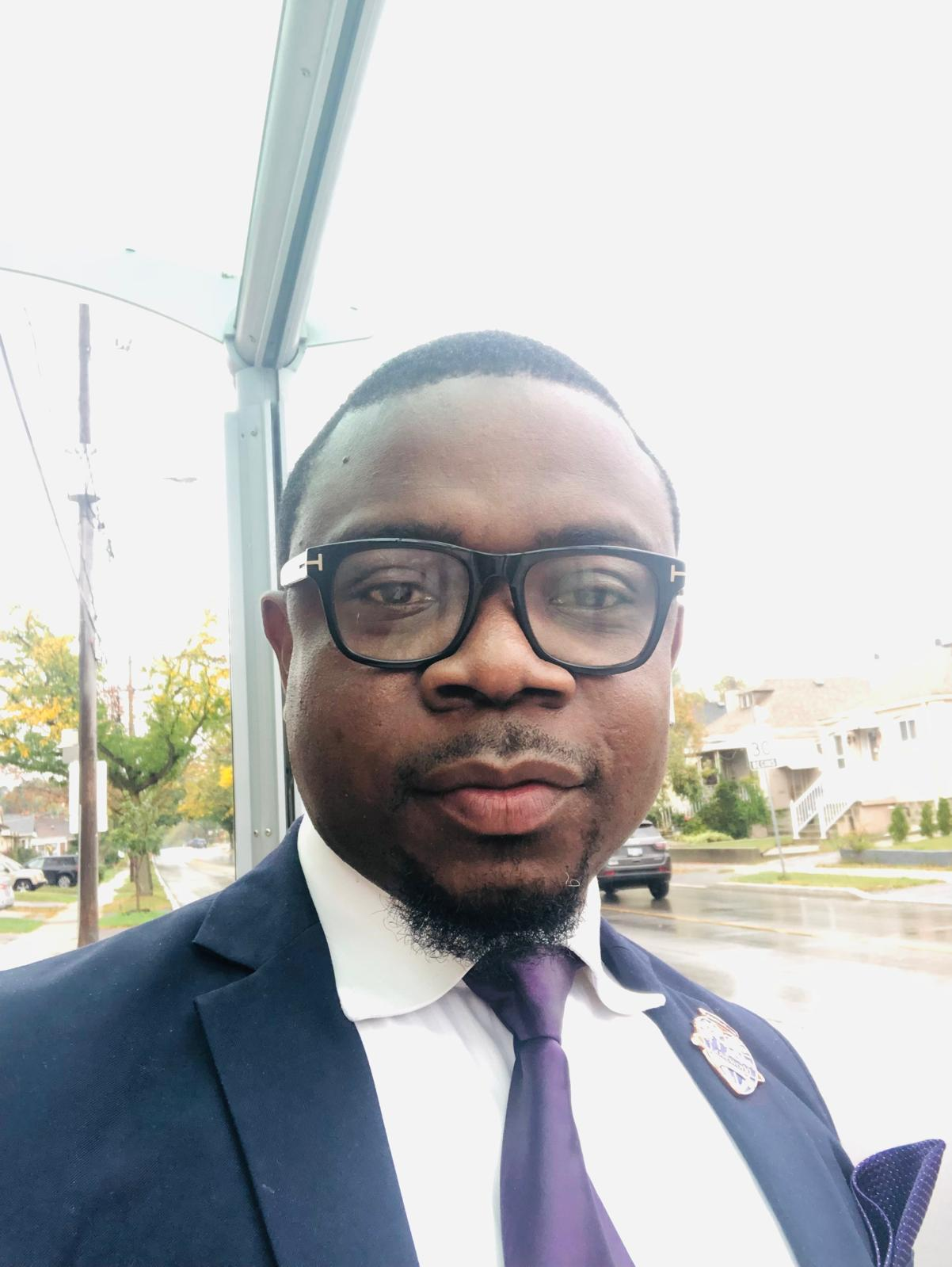
Dr. Blessing Ogbuokiri, Ph.D.
Blessing Ogbuokiri is an Assistant Professor in the Department of Computer Science at Brock University, Canada, and Director of the Responsible and Applied Machine Learning Laboratory (RAML Lab). He was previously a postdoctoral fellow and instructor at York University’s Africa Canada Artificial Intelligence and Data Innovation Consortium Lab in Toronto. He received his Ph.D. in Computer Science from the University of the Witwatersrand, South Africa. His research interests include Responsible AI, machine learning, NLP, and theoretical computing. His research focuses on the intersection of Responsible AI and health ,from building models using machine learning algorithms to predict diseases, to applying NLP techniques for sentiment analysis, text classification, and natural language understanding, to help communities and governments tackle infectious disease outbreaks. A recipient of the Black Scholar Research Grant (2025) and the Google DeepMind AI Award (2018), he collaborates widely across disciplines and served as a Co chair of the Affinity Workshops at NeurIPS 2023. He also organizes the Black in AI Workshop and developed the Responsible AI course at Brock University, reflecting his commitment to inclusive, equitable, and impactful AI systems.
Meaghan Waff
Meaghan Waff works on Meta’s AI and Data for Good team. Based in Washington, DC, Meaghan helps policymakers, researchers, and nonprofit organizations to leverage open source models and data that advance scientific innovation and promote economic opportunity.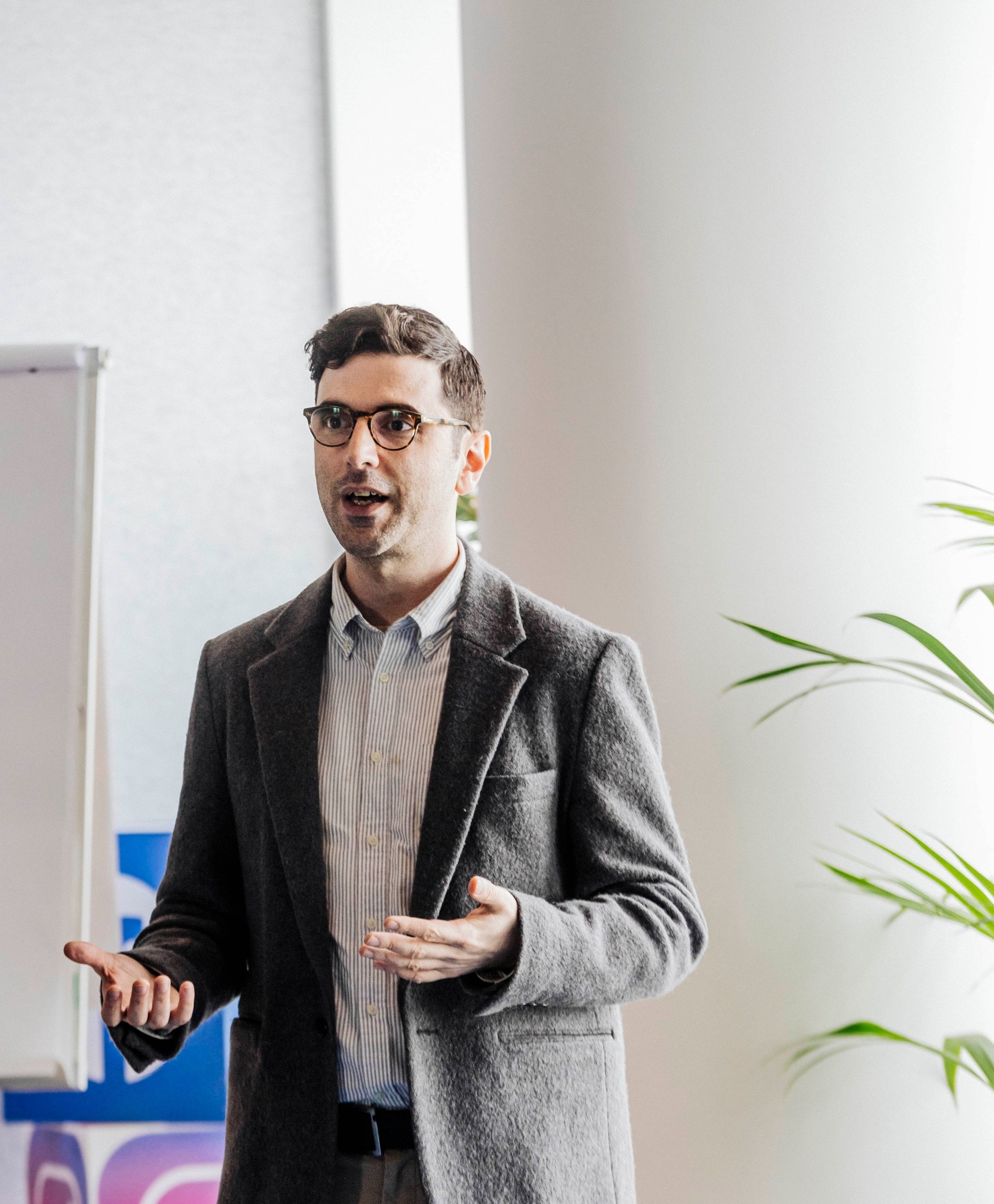
Yair Rubinstein
Yair Rubinstein works on Meta’s Research Partnerships team. Based in New York, Yair helps connect Meta’s research tools and datasets to academics and researchers from nonprofit organizations across the globe.Teaching Assistants
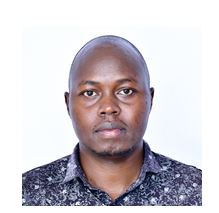
Dr. David Chepkonga, Ph.D
David Chepkonga is a Kenyan applied mathematician who fuses advanced modelling and high-performance computing to address energy, climate, and health challenges. Holding a First-Class BSc in Mathematics & Computer Science, an MSc in Computing Mathematics, and a PhD from JKUAT—where he pioneered multiphase Nano fluid heat- and mass-transfer models—he has authored eleven papers and is expanding his work to tea-dryer optimization and AI-driven urban air-quality forecasts. A lecturer and mentor for the Kenya Coding for Climate Initiative.
Sofia Sentepian Lentikaa
Sofia Sentepian Lentikaa is a versatile Data Scientist and Machine Learning Engineer with a Master of Science in Mathematical Sciences (Data Science) from the African Institute for Mathematical Sciences (AIMS) in Cameroon, and a Bachelor’s degree in Mathematics (Statistics) from the University of Nairobi. She combines deep technical expertise with strong economic insight, making her uniquely equipped to develop impactful data solutions for real-world challenges. Her recent role as an Operations Associate and Data Analyst at Chapabet, Nairobi, enabled her to spearhead predictive modeling initiatives, enhance operational systems, and conduct performance analysis using tools such as Python, SQL, Kobo Collect, and Tableau. She also supported financial planning and strategic business decisions through data-driven reporting. Previously, as an Economist Intern at the Ministry of Education in Kenya, she contributed to national performance contracts, statistical evaluations, and university program assessments, offering practical exposure to public sector analytics and monitoring and evaluation frameworks. Sofia has led advanced projects in machine learning, including the design of a binary classifier for predicting stock trends on the S&P 500 and DAX indices. This involved applying techniques like SMOTE, PCA, and SHAP for interpretability, and training nine models with top-tier performance. Technically proficient in Python, R, SQL, TensorFlow, PyTorch, SPSS, Git, and Excel, Sofia also holds certifications in data analytics, web technologies, and project management. Fluent in English and a strong communicator, she is passionate about using technology and analytics to drive strategic decision-making across sectors.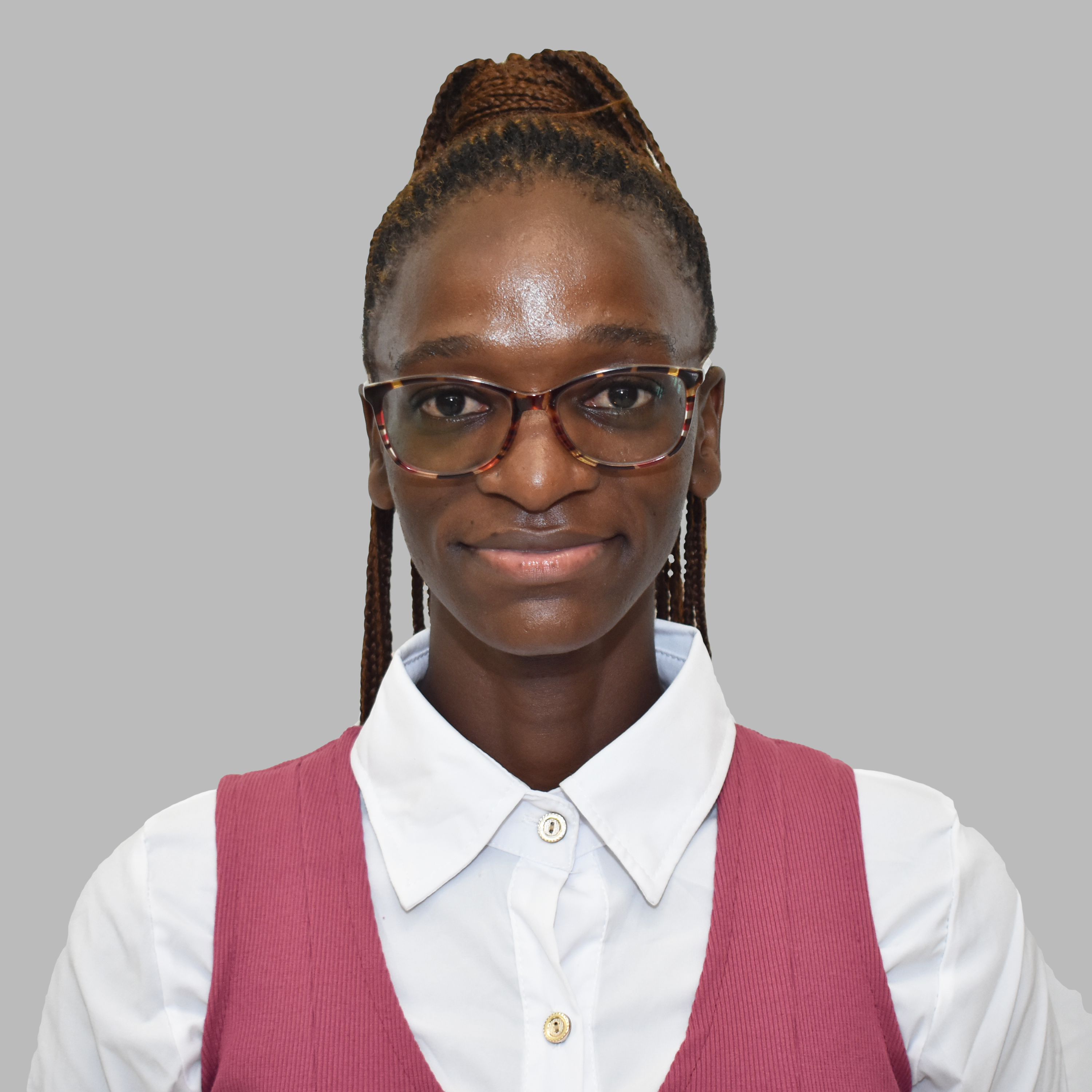
Tiyapo Lydia Chimbaira
Tiyapo Lydia Chimbaira is a motivated and analytical Data Scientist with a Master’s degree in Mathematical Sciences (Data Science) from the African Institute for Mathematical Sciences (AIMS) in Cameroon. She also holds a Bachelor of Science in Mathematics of Finance from the University of Botswana. Lydia has cultivated a strong foundation in statistical modeling, machine learning, data visualization, and programming in Python and R, with a particular interest in applying these skills to the financial sector. Her professional journey includes a role as Property Manager at Market Day PTY (LTD), where she excelled in managing residential operations, tenant relations, and financial reporting. She previously worked as a Mathematics and Science Tutor at Bright Minds Educational Hub, improving student pass rates through personalized support, and as a Customer Service and Sales Assistant at Ratie Car Rental, where she enhanced client satisfaction and contributed to customer retention. In addition to her technical expertise, Lydia is proficient in Microsoft Office, MATLAB, LaTeX, and financial software such as Klooster and Allen. She is a native speaker of English and Setswana, and possesses working proficiency in French. Her dedication to learning and problem-solving, combined with strong communication skills, positions her as a valuable asset in data-driven environments, particularly in finance and analytics.Participants

Janet Keru.
I am a Monitoring, Evaluation, and Learning (MEL) specialist with a strong interest in applying computational methods to social science research, particularly in the areas of fertility, reproductive health, and demography in sub-Saharan Africa. My academic and professional work is driven by a commitment to advancing evidence-informed decision-making and enhancing the use of data in program design, implementation, and policy discourse. My experience spans resilience and health sectors, where I have led the development and deployment of data systems that enhance real-time monitoring and adaptive learning. I have supported the development of monitoring and evaluation frameworks for organizations that work with micro-enterprises, deepening my expertise in integrating robust MEL systems across diverse thematic areas. I am drawn to exploring the intersections of computational social science and applied public health research.
Daniel Onyando Ong'ong’a.
I am Daniel Onyando Ong'ong’a, a finance professional and emerging researcher in credit risk management with a strong academic background and practical experience in operations and internal auditing. I hold a Bachelor of Business Administration and Management (Finance Option) from Zetech University and am currently pursuing a Master of Business Administration (MBA) with a specialization in Finance and Investment at the same institution. Professionally, I serve as an Operations Assistant at Zetech University, where I support administrative coordination, streamline operational processes, and assist in resource planning across departments. My responsibilities also include liaising with internal teams to improve delivery service and ensure the smooth running of daily operations. I have further contributed as an Internal Auditor within the university’s Quality Management Systems team, ensuring compliance with ISO 9001:2015 standards and advancing a culture of continuous improvement through audit processes. I am actively engaged in research and currently conducting a study on the effects of credit risk management on the financial performance of deposit-taking SACCOs in Kiambu County, Kenya. This work seeks to highlight actionable strategies for improving SACCO stability and overall financial performance. Guided by integrity, analytical thinking, and strong ethical values, I blend financial expertise with a deep commitment to institutional development. My professional efforts are guided by faith, a spirit of service, and a deep commitment to making a positive impact on society. “My long-term vision is to influence evidence-based policy reforms and promote financial sustainability in the economy and cooperative sectors through innovative research, leadership, and data-driven decision-making.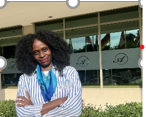
Linet Mutegi.
Linet Mutegi is a development finance expert who is passionate about the growth potential of Africa and how African based institutions can immensely contribute to growth in Africa. She works in Academia and has great passion for teaching and undertaking interdisciplinary research. She holds a Masters’ degree in Development Finance and a bachelors’ degree in Finance and economics (magna cum laude). She hopes to continue undertaking research that positively impacts the society. To date, she has undertaken meaningful research on Gender and Taxation, Climate financing and the Financial gender gap in Africa.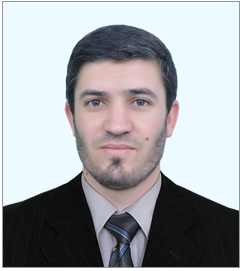
Youssouf Bouzir.
Youssouf Bouzir is a PhD candidate in Statistics at the Pan African University – PAUSTI, hosted at JKUAT, Kenya. His research focuses on survival analysis and disease modeling, with applications in stroke and non-communicable diseases using stratified and extended Cox regression models. He has over seven years of experience as a statistician in Algeria, where he led regional census operations, managed socio-economic indicators, and produced national statistical reports. His applied skills span public health data, machine learning, and remote sensing, including ongoing projects on spatial analysis and plant disease detection using agri-drones and Artificial Intelligence. Youssouf has completed advanced training in biostatistics, HIV modeling, and grant writing, and is actively involved in regional research initiatives. He is passionate about applying data science to public health challenges in Africa and building capacity through collaborative, interdisciplinary work.
Faith Ngina Mutinda.
Faith Ngina Mutinda is an educator and emerging data scientist with a strong academic foundation in biology, mathematics, and education. She holds a Bachelor of Science degree in Biology and Mathematics with Education from Moi University, where she graduated with First Class Honors, and she is currently pursuing a Master of Science in Data Science at the Open University of Kenya. Faith brings over five years of professional teaching experience in both the 8-4-4 and Competency-Based Curriculum (CBC) systems in Kenya. She currently serves as a Mathematics and Integrated Science teacher at Nguluni Junior School in Makueni County. Her past roles include teaching Biology and Mathematics at St. Mary’s High School in Nairobi and serving as Deputy Head Teacher at St. Peter’s High School, where she demonstrated leadership in curriculum delivery and academic coordination. Her passion lies at the intersection of education, science, and technology. Faith is particularly interested in leveraging computational methods to analyze and solve social challenges especially those related to health, policy and education equity, access, and performance outcomes within African contexts.. She believes that data-driven insights can significantly enhance decision-making in educational policy and classroom practice. Faith is excited to participate in the 2025 Summer Institute in Computational Social Science (SICSS-KENYA 2025) to build her technical expertise, collaborate with a network of interdisciplinary researchers, and contribute to impactful group projects. With her unique combination of teaching experience and analytical training, she looks forward to applying computational tools to drive meaningful social change, particularly in African education systems.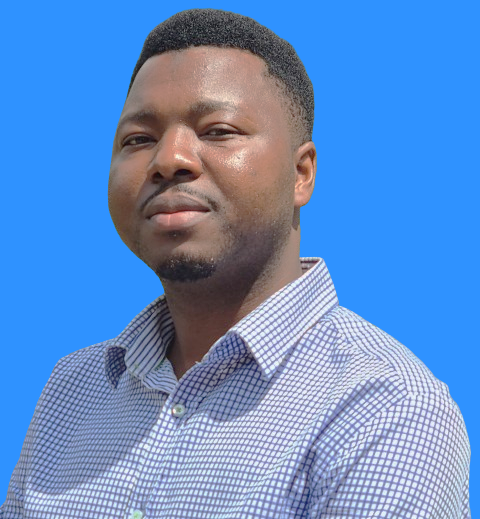
Dr. Mouhamadou Djima BARANON, Ph.D.
Dr. Mouhamadou Djima BARANON is a Beninese researcher and practitioner with a strong background in computational social science, applied statistics, and Monitoring, Evaluation, Accountability, and Learning (MEAL). He holds a Ph.D. in Mathematics (Statistics Option), awarded in 2025 by the Pan African University Institute for Basic Sciences, Technology and Innovation (PAUSTI) and the Jomo Kenyatta University of Agriculture and Technology (JKUAT), Kenya. His mainly research focuses on modeling genetic disorders and infectious diseases. He also holds a Master of Science and a Bachelor's degree in Applied Statistics from the École Nationale de la Statistique, de la Planification et de la Démographie (ENSPD) at the University of Parakou, Benin. Dr. Baranon currently serves as MEAL Manager for Search for Common Ground in Burkina Faso and Benin, where he leads the design and implementation of evidence-based learning, accountability systems, and adaptive strategies in peacebuilding and development programs. He had the honor of being selected to join the Summer Institute in Computational Social Science (SICSS) Kenya 2025, following a highly competitive selection process, affirming his growing influence in advancing computational approaches to social science in Africa. His areas of expertise span statistical modeling, health systems logistics, vulnerability indexing, and social data analytics. As of June 2025, he has authored 16 peer-reviewed scientific publications in high-impact international journals. His interdisciplinary work bridges public health, conflict prevention, and development data systems, with a strong commitment to applying research to real-world challenges. Fluent in French and English, Dr. Baranon is passionate about mentoring early-career professionals, advancing statistical literacy, and fostering data-driven decision-making and policy influence across the African continent.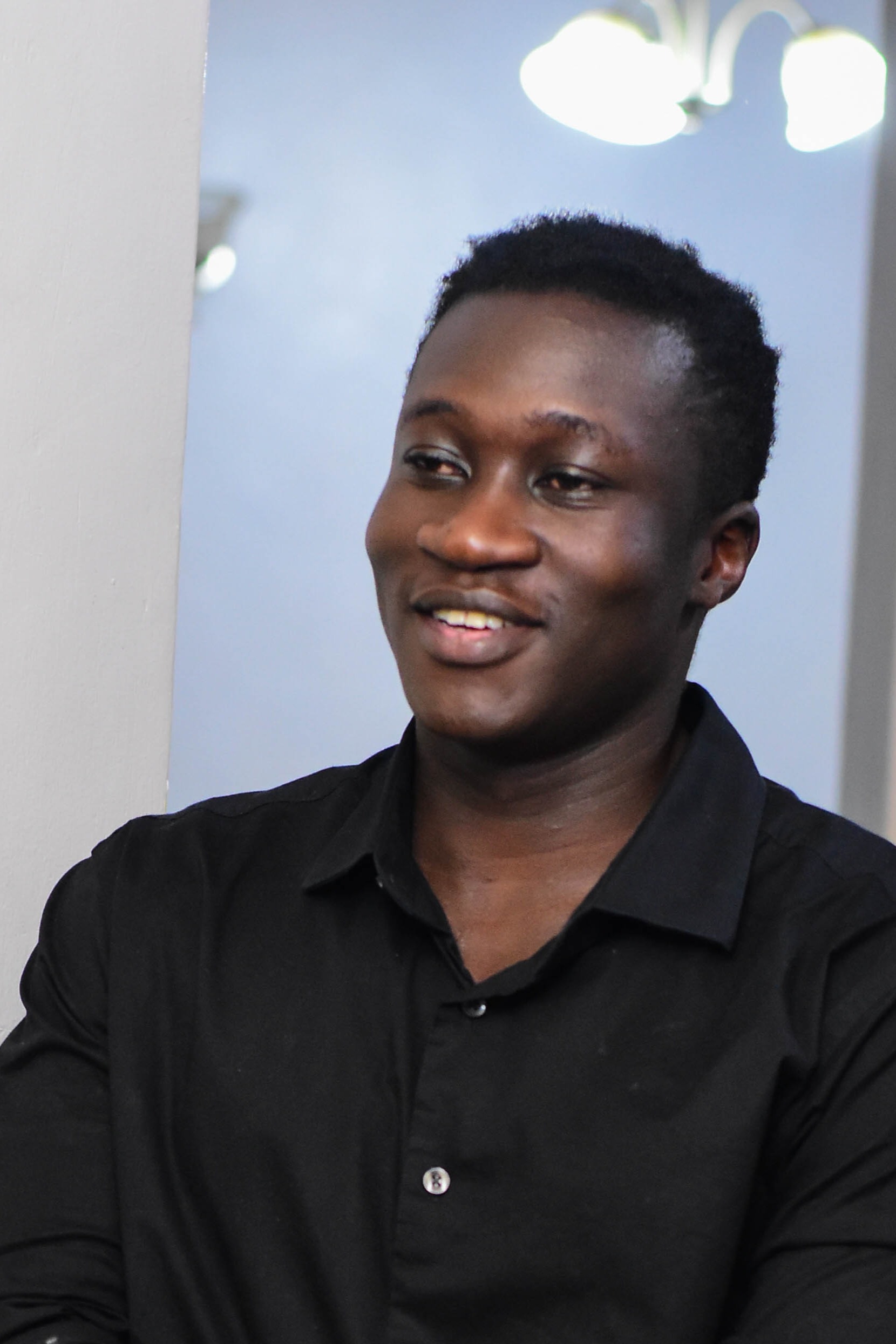
Brian Bwana.
Brian Bwana is a graduate of the South Eastern Kenya University with a Bachelor of Science in Computer Science. He is currently awaiting to begin his Master of Science degree in Computer Science. He is well skilled in frontend development, Linux environments, networking, and data. Brian is passionate about using technology to solve real-world problems and is excited to apply his skills in computational social science.
Catherine Matang’u.
Catherine Matang’u is an educator, data analyst, and technical trainer in TVET where she provides leadership, spearheads curriculum development, and promotes research and innovation. With experience in data analysis, education and public sector systems, she is committed to harnessing the power of data to transform institutions and empower learners. Her work strongly aligns with the mission and vision of the Summer Institute for Computational Social Science (SICSS), which seeks to foster collaborative, interdisciplinary research using computational methods to address pressing societal issues. Her research focuses on two key areas: Using computational methods to optimize resource allocation and improve education quality in public TVET institutions, ensuring equity and efficiency in service delivery. Applying data science and computational social science approaches to inform policy design, monitor impact, and enhance transparency within public sector institutions. Catherine is currently pursuing a Master’s in Data Science at the Open University of Kenya and is focused on bridging academic knowledge with real-world application, particularly in the public education sector. She also holds a PGDE from KCA University and BSc in Information Science from Moi University. Through her work, Catherine champions the use of evidence-based decision-making and believes in the transformative potential of data-informed policies. Her interest in SICSS stems from a desire to collaborate with like-minded scholars who are advancing the frontier of computational social science to address local and global development challenges.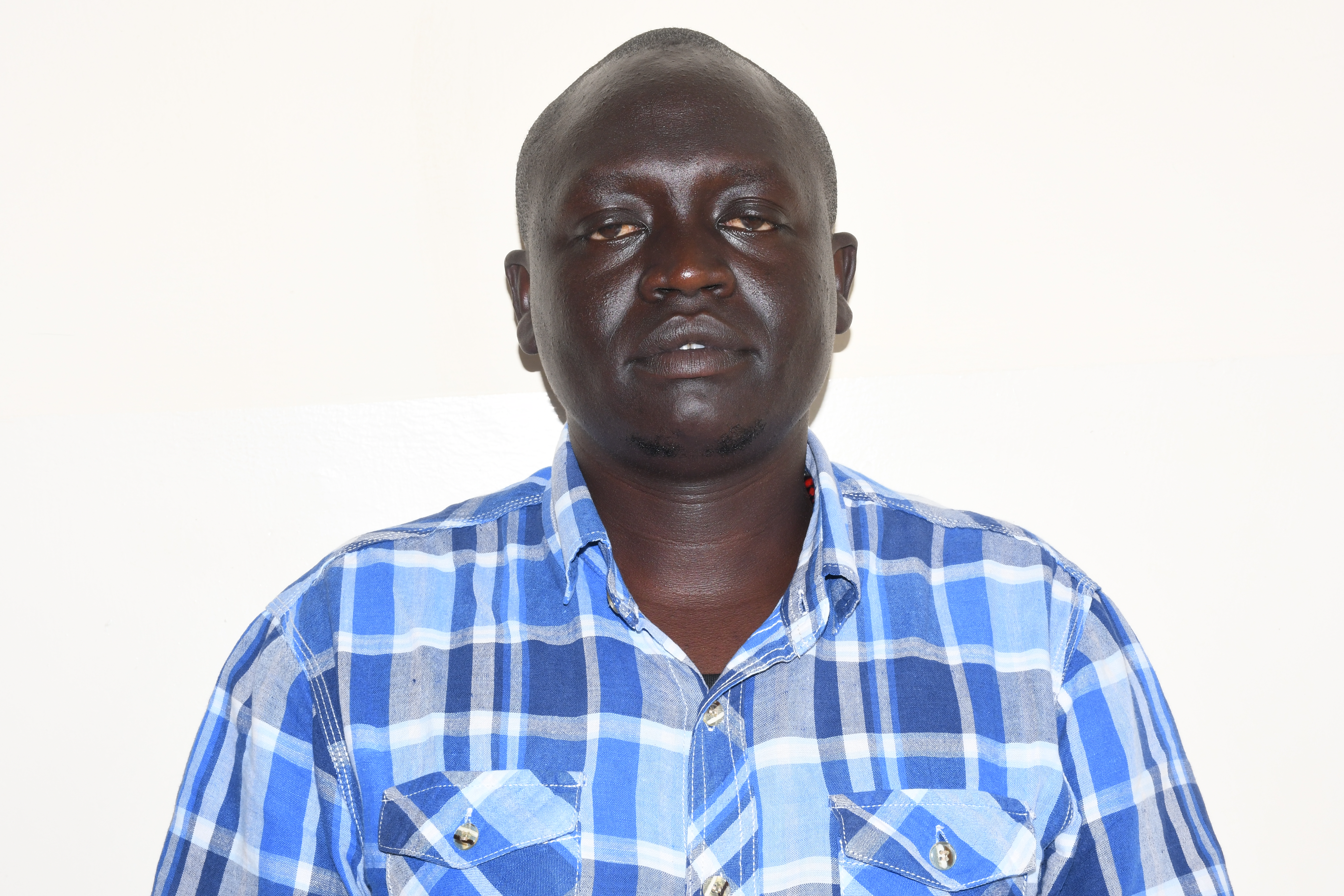
Bernard Kiprotich.
Bernard Kiprotich is a dedicated Population Scientist with a Master of Science degree in Population Studies. With a strong academic background and practical experience in demographic research, Bernard has developed expertise in analysing population dynamics, fertility trends, and health outcomes in sub-Saharan Africa, particularly in Kenya. His research interests lie at the intersection of population health, reproductive behaviour, and socio-economic development. Bernard has worked extensively with large-scale survey data, including the Demographic and Health Surveys (DHS), employing advanced statistical methods such as multilevel modelling, logistic regression, and spatial analysis to investigate determinants of modern contraceptive use, adolescent reproductive health, and women's empowerment. His recent work focuses on understanding community and individual-level factors influencing contraceptive uptake among young women, contributing valuable insights for public health policy and program design. In addition to his research work, Bernard has participated in collaborative projects involving academic institutions, governmental agencies, and non-governmental organizations. He is committed to using evidence-based approaches to address population challenges and support sustainable development goals. Bernard is skilled in statistical software such as SPSS, STATA, and R, and has experience in both quantitative and mixed-methods research. Bernard is passionate about building data-driven solutions to improve health outcomes and reduce inequalities. His long-term goal is to contribute to regional and international development efforts through impactful research, policy engagement, and capacity building in the field of population and health. He is an advocate for youth empowerment and gender equity in access to sexual and reproductive health services.
Macrina Jepchumba Cheboi.
Macrina is a data science graduate student at The Open University of Kenya with a growing specialization in geospatial analytics and computational methods. With a foundation in software engineering, she brings a strong technical skill set that includes Python, SQL and data visualization, alongside experience in web development and automation tools. Her academic journey is fueled by a deep passion for using data to solve social problems, particularly in the areas of public health, urban planning and digital inclusion. She is currently focused on integrating geospatial data with statistical models to understand disparities in healthcare access in underserved regions in Kenya. Macrina’s research interest lies at the intersection of data science and social sciences, and she is excited to contribute and learn from interdisciplinary teams. She believes in the power of open data and open-source tools to democratize research and amplify underrepresented voices in policy and development. As a mother, student, and advocate for women in STEM, Macrina is also committed to mentorship and community engagement. She regularly participates in tech-for-good initiatives and believes that computational social science can drive more inclusive and equitable solutions across Africa. Her long-term goal is to become a geospatial data scientist working with research institutions and NGOs to inform evidence-based policy using cutting-edge data approaches.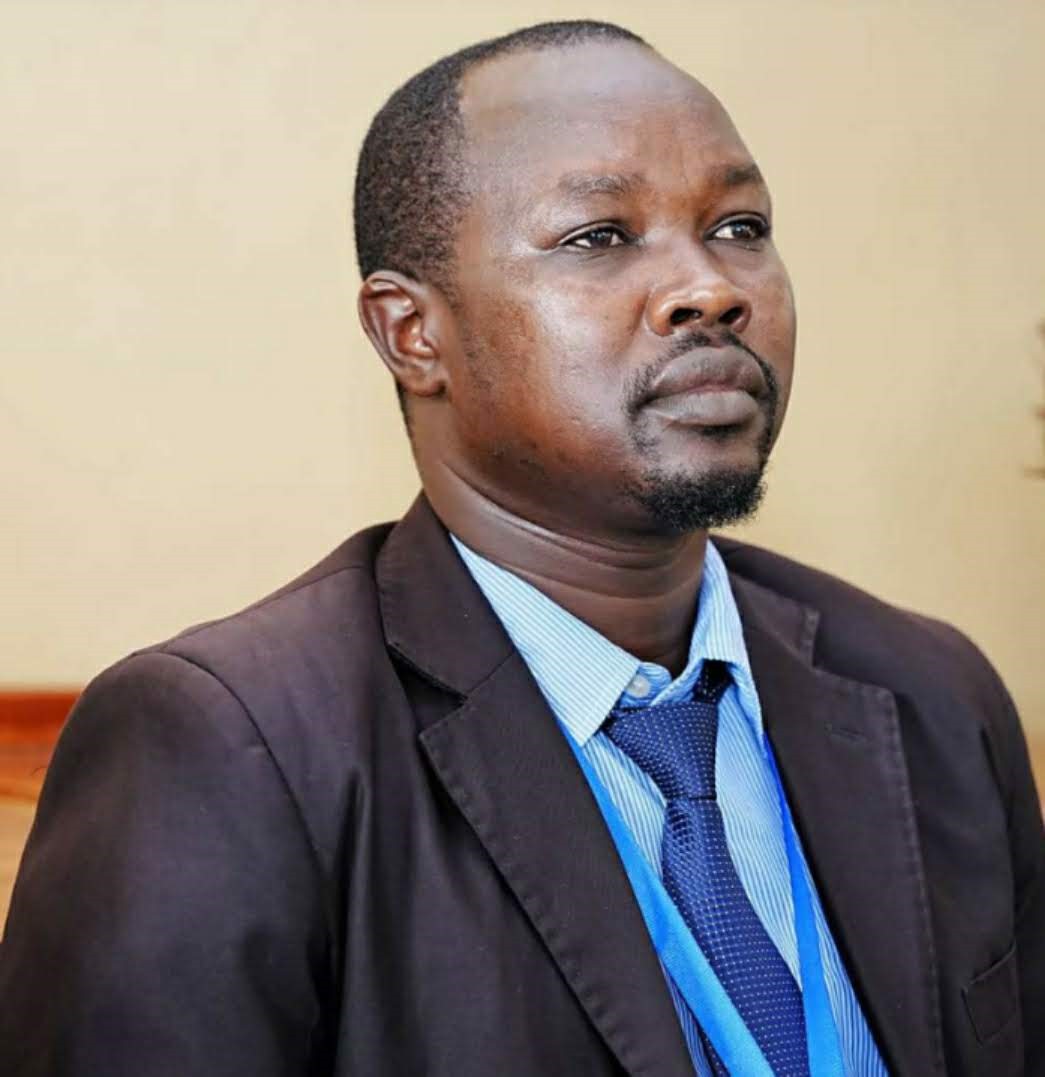
Samuel Kaptum Kipsang.
Samuel Kaptum is an emerging scholar and educator in the field of Mathematical sciences, specializing in Financial Mathematics and behavioral finance. He is currently pursuing a Master of Science in Mathematics (Financial Option) at the Pan African University Institute for Basic Sciences, Technology and Innovation (PAUISTI), where his research explores modeling herd behavior in financial markets—an area at the intersection of psychology, economics, and quantitative analysis. He also holds a Master of Science in Mathematical Sciences from the African Institute for Mathematical Sciences (AIMS), a Pan-African center of excellence for advanced Mathematical training and research. His academic foundation began with a Bachelor of Science in Mathematics from the University of Nairobi. With a passion for teaching and applied research, Samuel is lecturing applied Mathematics and Statistics at Jomo Kenyatta University of Agriculture and Technology (JKUAT) and NIBS Technical College. He is committed to interdisciplinary collaboration, mentoring the next generation of scholars, and solving real-world financial challenges through data-driven analysis.
Florence Owiti.
Florence is a Master of Data Science student at the Open University of Kenya with a foundational background in Cartography, GIS, and Biomedical Technology. Her growing interest in spatial data science is rooted in diverse, interdisciplinary experiences spanning public health, environmental monitoring, and socially responsive geospatial technologies. She conducted an independent study on the decline of urban green spaces in Nairobi County (2019–2025), based at the Regional Centre Training Institute—part of the Regional Centre for Mapping of Resources for Development (RCMRD).Florence has contributed to applied spatial work through volunteer efforts such as digitizing fish cages in Lake Victoria using Google Earth Pro and exploring machine learning integration for aquaculture mapping. She has also completed specialized training in wetland vulnerability assessment with Google Earth Engine and GIS for climate change applications using ArcGIS Pro (ESRI).Her professional journey includes serving as a production manager at Dudutech IPM Solutions, a bio-pesticide company promoting sustainable agriculture.As a participant in SICSS-Kenya, Florence is excited to deepen her engagement with computational social science by bridging spatial thinking, open data tools, and data science methodologies. Her interests lie in spatial disease modelling, GeoAI, and the use of FOSS4G technologies like R and Earth Engine to address public health and environmental challenges in African contexts. She looks forward to connecting with fellow scholars and contributing to interdisciplinary collaborations that reflect SICSS’s mission of breaking down traditional disciplinary boundaries..